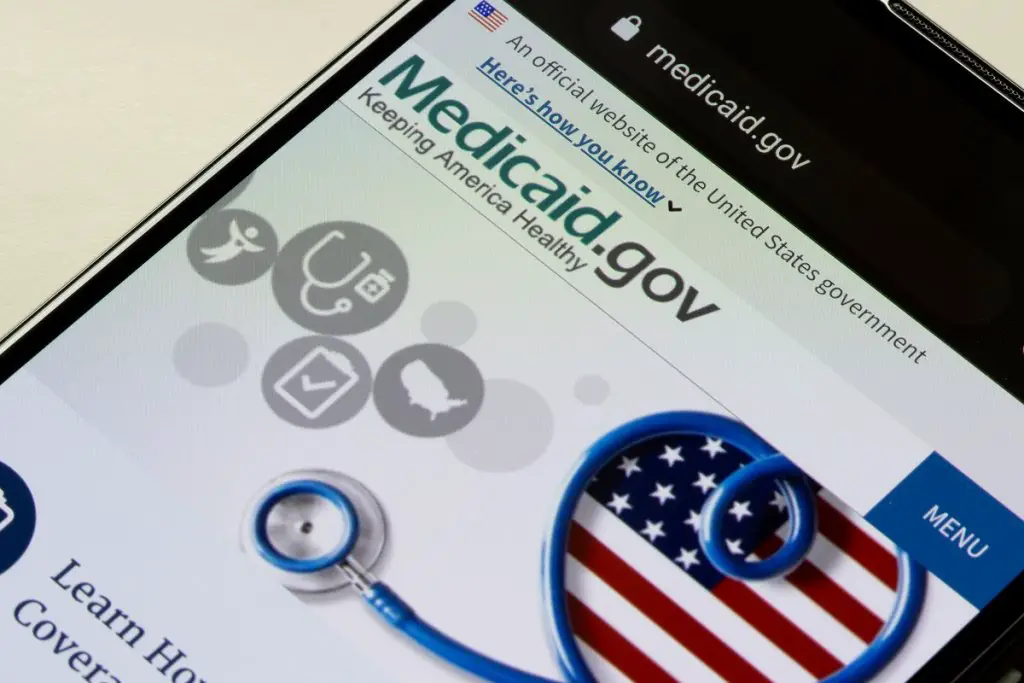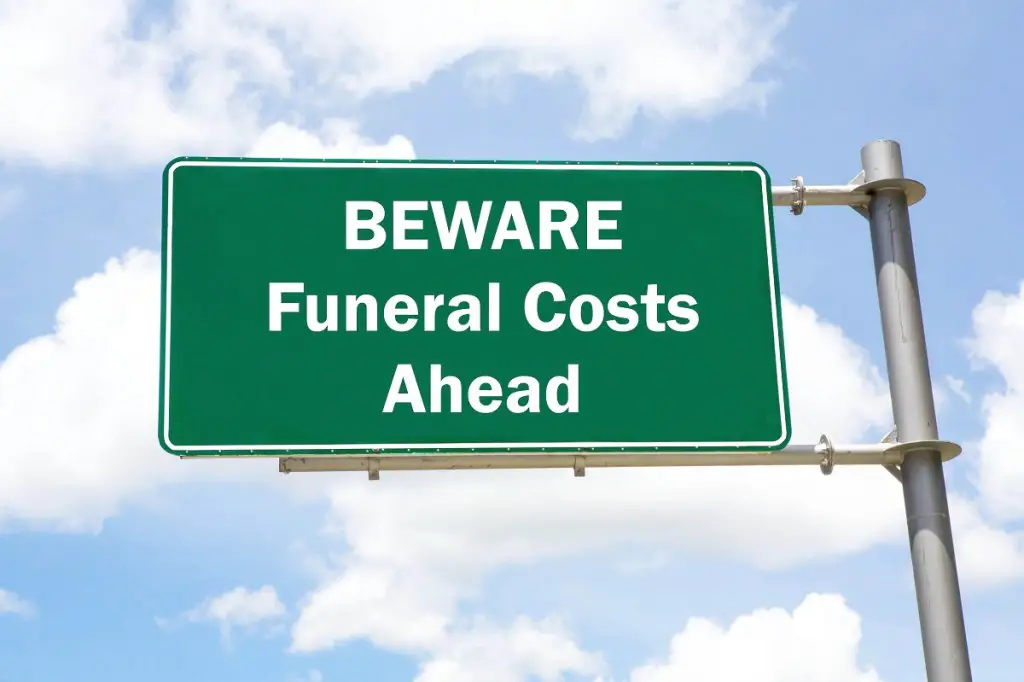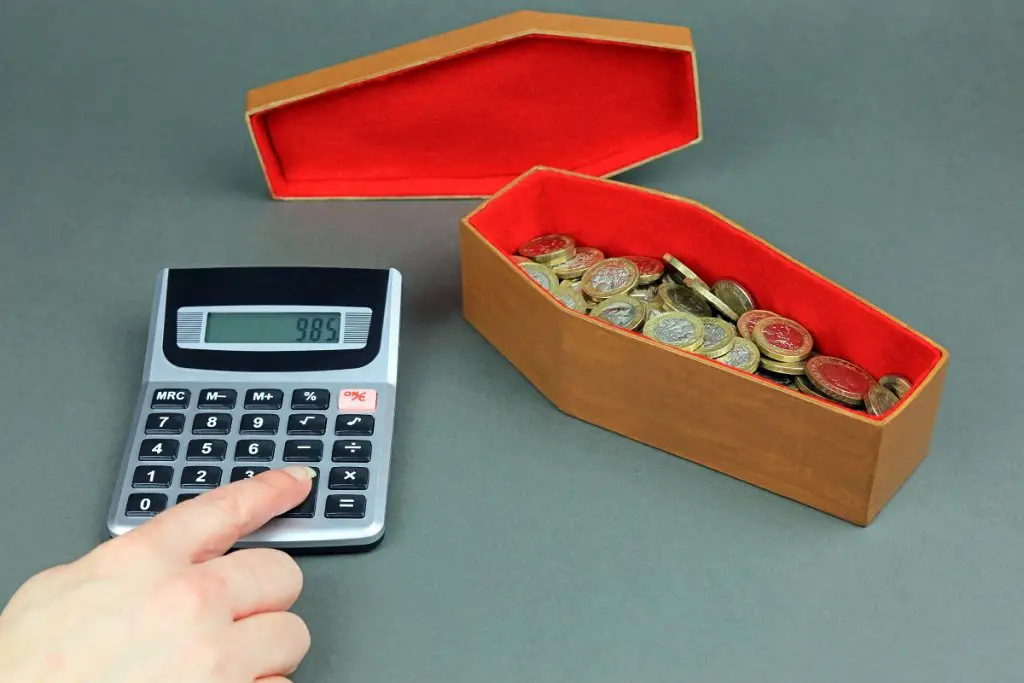Medicare and Medicare do not pay funeral expenses, but applicants for Medicaid can make some financial moves to ensure that their funeral, cremation, and burial are provided for. The regulations for Medicaid Title 19 Burial Benefits vary by state, but applicants may have to “spend down” funds on hand before being approved. Some of the spend down can be directed toward funeral costs.
The average cost of a funeral with burial is around $10,000 – a bit less for cremation. If you know your family won’t be able to afford a funeral for you, or you simply don’t want to put the burden on them, here’s how you can use Medicaid to save money toward the expenses.

Table of Contents
What Is Title 19 Medicaid Assistance?
According to the United States Social Security Administration, “Title XIX of the Social Security Act (part of the Social Security Amendments of 1965) established the Medicaid program to provide medical and health-related services for individuals and families with low incomes through direct payment to suppliers of the program. Medicaid is the largest source of funds for medical care and related services to our Nation’s poorest people. Medicaid is a cooperative endeavor between each State and the Federal Government, and is financed by shared Federal and State funds.”
Listen to Funeral Fundamentals’ expert talk about the benefits of Medicaid Title 19 in more detail.
Do Medicare Or Medicaid Pay For Funeral Expenses?
No. Funerals, burials, and cremation are not considered “medical” expenses or health care, therefore they are not covered by Medicare or Medicaid.
However, because Medicaid funds are managed by individual states, there may be financial assistance through government agencies that support people on Medicaid.
How Do Medicaid Title 19 Burial Benefits For Funeral Expenses Vary By State?
If you are already on Medicaid or planning to apply, check with your state’s Medicaid department to learn if there are any death benefits through state agencies.
For example:
Funeral assistance of $1,500.00 is available to Medicaid beneficiaries in Colorado.
The state of Indiana allows Medicaid recipients to receive up to $800.00 for a burial plot, as well as $1,200.00 for funeral expenses if they are in certain Medicaid categories.
Those on Medicaid can receive a refund of up to $1,500.00 for funeral expenses through Wisconsin’s Funeral and Cemetery Aids Program.

Can An Applicant Prepare For Funeral Expenses When Applying For Medicaid?
Yes. Anyone applying for Medicaid can set aside up to $10,000 for funeral and burial expenses. This money is excluded from countable assets.
Of course, there is no shortage of fine print and exclusions that apply, so it’s critical to understand your state’s specific policies. Ideally, you should work with a local elder care lawyer to understand your rights and oversee any prepaid funeral contracts you enter into.
What Is The Medicaid Spend Down?
If your income or non-exempt assets are a bit over the cap to qualify for Medicaid, creating a burial fund is an ideal way to “spend down” assets. This will help you qualify for coverage while also earmarking funds for your funeral.
What Are Exempt And Non-Exempt Assets?
Medicaid considers non-exempt assets as those that can be used to pay for your medical bills. This includes cash and savings, as well as real property that can be converted to cash.
Non-Exempt Assets:
- Cash
- Checking and savings accounts
- CDs, stocks, bonds, or mutual funds
- Retirement accounts, such as IRAs, 401(k)s, 403(b)s
- Revocable prepaid funeral contracts (ones that can be canceled and refunded)
- Trusts (depending on your access to them and how they were set up; work with an elder care lawyer)
- Vacation homes and property other than your primary residence
- Jewelry, art, collectibles, and other valuables
- Any vehicles over one
- Boats, RVs, ATVs, and other recreational equipment
- Life insurance policies with a face value of more than $1,500
Exempt Assets:
- Your primary residence (check your state rules about equity limits).
- Personal property, such as clothing, household items, furnishings, and appliances (again, check with your states as some have a cap on the allowable amount).
- Whole life insurance policies with a cash value up to $1,500. Any term life policy.
- Revocable burial funds accounts with a value of up to $1,500 per spouse. This amount is reduced by other burial funds, irrevocable burial contracts, and life insurance cash surrender values.
- An irrevocable contract for burial space items, such as caskets, urns, burial plots, vaults, cremation niches, headstones, and perpetual maintenance.
- An irrevocable contract for funeral service costs, such as transportation, embalming, cremation, and to pay for the services of the funeral director.
- An irrevocable burial trust.
- One vehicle (check with your state for a limit on the market value).
- One engagement and wedding ring.

Can You Prepay Your Funeral Before Going On Medicaid?
Yes. But it’s important that your burial funds are considered an “exempt” asset. A savings account labeled “funeral fund” that you’ve been putting money in for 20 years is just that in the eyes of Medicaid: a savings account. Meaning it would be a non-exempt asset that could be used to pay your medical bills. In order to exclude those funds from countable assets, it will need to be protected as an approved exempt asset.
Each state has its own rules on how you can apply money toward funeral expenses in order for it to be considered exempt from your countable assets.
For example, in the state of Connecticut, Medicaid allows up to $10,000 to be pre-funded into an irrevocable trust and applied toward burial expenses. Also in Connecticut, you can prefund specific burial and cemetery items and services in a Revocable Burial Plot Allowance contract without a dollar limit. Finally, you can have one or more life insurance policies with up to $1,500 face value. Anything over $1,500 is considered non-exempt.
This is why it is so important to check with your state’s Medicaid department and work with an elder care attorney to make sure you understand all of your options.
Can You Have Life Insurance If You Are On Medicaid?
It depends on the type of life insurance policy and its value. Term life insurance policies, regardless of amount, do not count toward your assets. This is because there is no cash value to the policy – it does not pay out until you die. A whole life policy, on the other hand, accumulates a cash value over time. The cash surrender amount of a whole life policy is accessible for you to take out or borrow against at any time. The cash surrender amount would then count toward your non-exempt assets (which is $2,000 max in most states).
Life insurance is another area where some people have to be strategic when applying for Medicaid. You may have to surrender a whole life policy and spend down the cash value. While this benefits you by paying some of your medical bills, you do have other options. You can also:
- Transfer the policy to a spouse or dependent or to a special needs trust.
- Take out a loan on the cash value amount to reduce the amount applied toward your assets but keep the policy intact.
- Transfer the policy to a local funeral home. When set up correctly, the money can be used for your funeral expenses and is an exempt asset.
Setting Up Revocable And Irrevocable Trusts
A burial trust helps you pay for funeral expenses, but in order for it to be exempt from your Medicaid countable assets, it needs to be set up as irrevocable. An irrevocable burial trust cannot be canceled or changed. There is no way to get the money out until after you die and family members need it to plan your funeral.
With a revocable trust, it is possible to cancel or change it and access the money for other purposes. A revocable trust is considered non-exempt and is applied to your countable assets.

